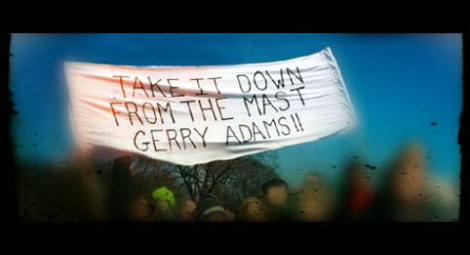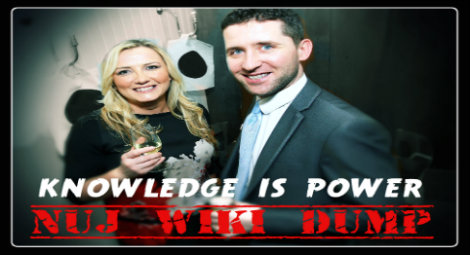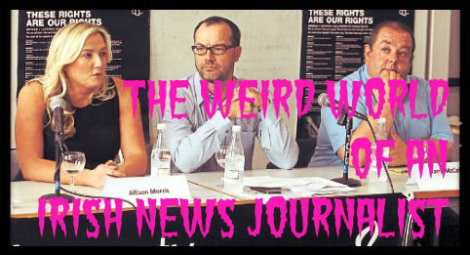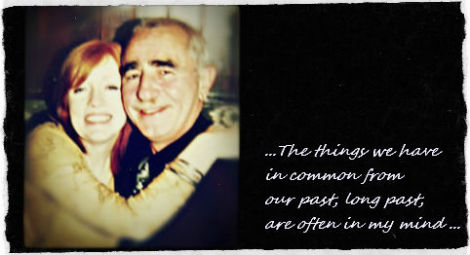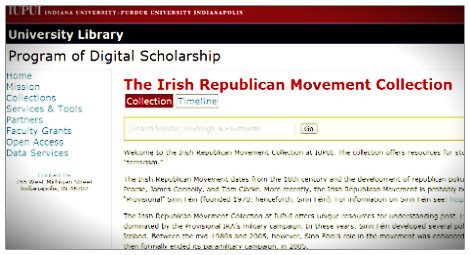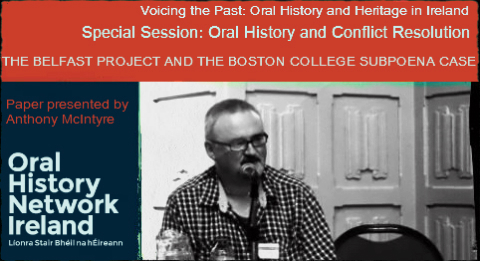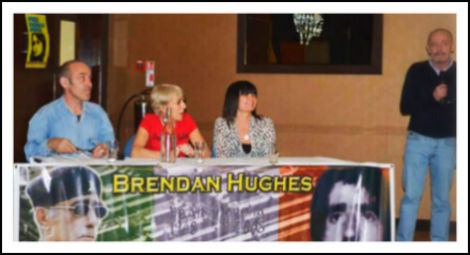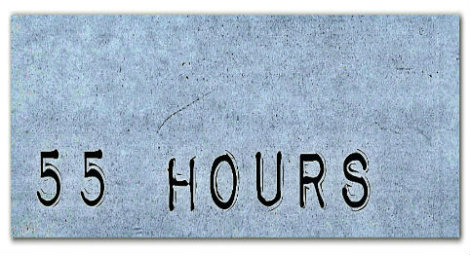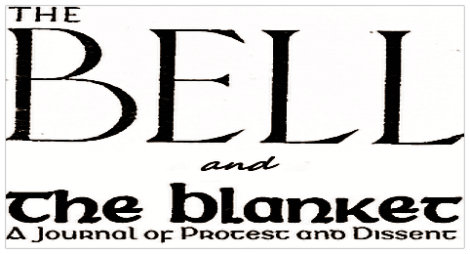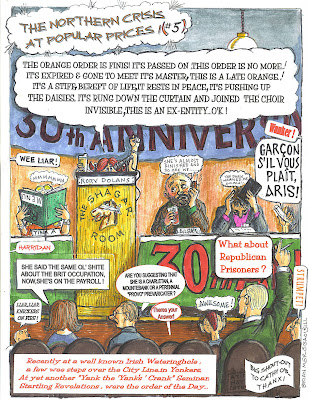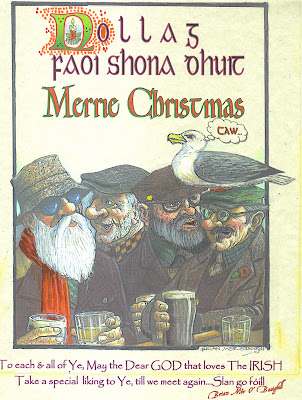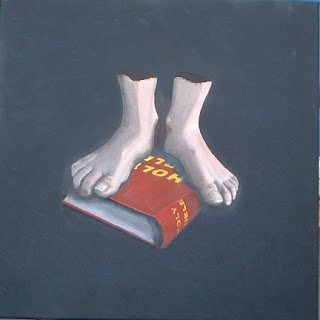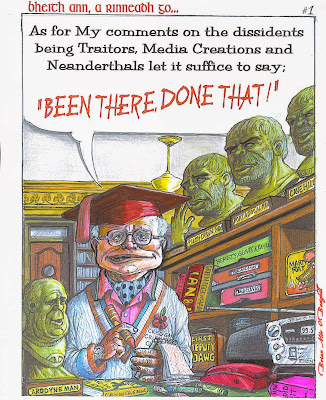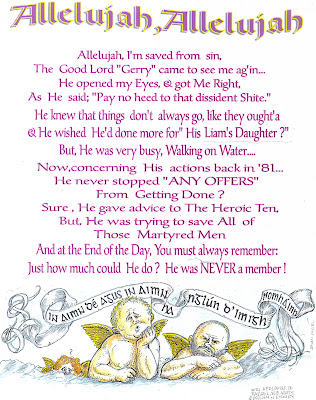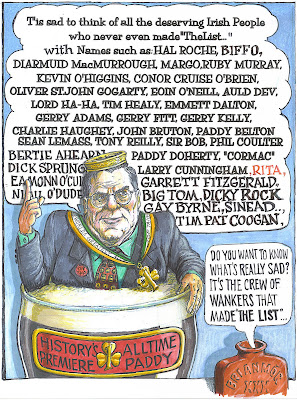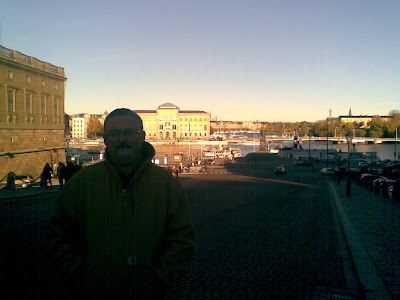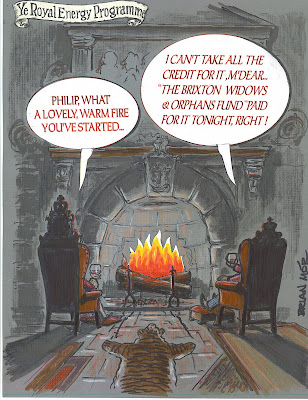You have to ask yourself - are they (the leadership) the only ones allowed to write books? Is history never to be recorded properly? It's no coincidence that Gerry felt compelled to write his book. And bear in mind, Gerry Bradley put no one in prison - Richard O’Rawe.
As each year closes it opens up a space in which to reflect on those who took their leave of us in the one about to face the final curtain. On the last day of 2010 my thoughts were on the late IRA activist Gerry Bradley who ended his own life in October. Tomorrow morning when Gerry Bradley’s children wake up it will be the first year ever that they have stepped into without him. That is how final it is.
Gerry Bradley is someone I never got to meet in person or speak to. I feel the less fulfilled for that. Like most others who travelled on the circular Provisional journey from old partition to new partition, I knew of him. It was hard not to. His formidable reputation as one of the IRA’s more efficient operators travelled before him. I was in the public gallery in Belfast's Crumlin Road Courthouse the day he was sentenced for his part in an operation against a top RUC commander. I was friendly with two of his co accused and went to the court, where I had so often stood handcuffed in previous years, just to be there for them.
I thought at the time it took a lot of commitment to be doing what he was doing at his age and twenty plus years into his IRA career. So many others had found safe niches in the ‘don’t go to jail departments.’ How many who joined the IRA in 1970 were coming into jail in 1994?
I first found myself writing about Gerry Bradley when he published a book detailing his life in the IRA. In the wake of publication he quickly found himself subject to the hostility of people who thought that books were something to be burned rather than read. Although I had not yet read his book it irked that a writer should be hounded. I could instantly identify with him and, so, wrote in support of him.
When I did get around to reading Insider: Gerry Bradley’s Life in the IRA, which he co wrote with Brian Feeney, I was pleased to discover that it was a great read. It was an IRA book, written by an IRA activist with an IRA frame of mind. There was no guff in it nor was it the self serving fictionalised account of a life long peace activist. It was a no-frills IRA book, raw without being raucous. The effort that went into it fitted with the description later provided to me by someone who knew both he and his family well: ‘a very wise man who was sharp and shrewd and although he had little or no schooling, once the conflict started, he was extremely intelligent.’
Unfortunately, as the former IRA hunger striker Gerard Hodgins pointed out,
Gerry Bradley's mistake was he wrote a book without going to them and asking their permission … If you wanted to write a book, they would expect to be presented with a copy for them to censor before it goes to publication.
The ‘them’ Hodgins referred to was the Provisional leadership, some of who put out a lot of books lacking in the candour featured in the work of Gerry Bradley.
As he was soon to find out the journey from Insider to Outsider can be one that covers a lot of ground in extra quick time. When Gerry Bradley became the outsider what he was forced outside of was a shrinking group of people who shared a weird belief system despite an abundance of evidence that had long punched holes in it. There was no end to partition or British rule. Ireland United was the stuff of poetry not life in Belfast. Gerry Bradley knew it and said as much. His outsider status did not mean however, that he stepped outside either his circle of genuine friends or the love of his family. They all remained intensely proud of him. They have every reason to. His children, whom he was intensely proud of in turn, were harried into education by him. At his insistence each of them stayed on at school. He instilled socialist values in them and urged them to look after each other no matter what. I guess that helped get them through the trauma of his death.
Gerry Bradley was a strong and determined man but succumbed to despair in large part because as an ex-combatant his intense combat activity had ultimately resulted in very little substantive change. A person who knew him well framed his state of mind at the time of his death in that experience.
if this could happen to him it could happen to anyone. I'm looking at the faces of ex-prisoners and volunteers and I see the same despair there. I didn't notice it to the same extent before, although I knew it was there on some level.
Said to be a very private person there was, in spite of some sensationalised headlines, little room for marvel at his decision to have his wake and funeral a strictly family affair. He had a disdain for the wider funeral industry in which he saw people out of pocket trying to cover the costs of death insertions in papers and who struggled to ‘buy over priced flowers that would wilt and die within days.’ Nor had he any wish for IRA trappings. For long he had carried the IRA and did not need it to carry him on his last journey.
At no point did Gerry Bradley regret writing his memoir. He took the precaution of seeking legal advice before it was published. Not for his own sake but to ensure that no-one would ever go to court or even be questioned because of it. As his fellow hounded writer, the irrepressible Richard O’Rawe stated, ‘Gerry Bradley's book resulted in no one doing a minute in jail.’
Yet, as someone he confided in explained, he regretted the pain unintentionally caused to his friends ‘who got hurt after reading the press around it before they actually read the book. That was never his intention. He wanted to pay homage of sorts to them.’
And pay homage he did. Not that the idiots, the intimidators, the whisper weasels, the Johnny Come Lately types could discern anything like that. They who fired many liquid shots down their throats for the IRA but no lead ones elsewhere, all queued up to smear Gerry Bradley as a tout. As persuasive as labelling the Pope a protestant. So impotent was their rage that they were denied the braggadocio that would have gone with claiming they drove him to end it all. Their smearing, vicious and squalid as it was, had no input into his death. Gerry Bradley was determined that this life was no longer for him. He did not end his life because of the fall out over his book. As was concisely explained to me, ‘he simply wanted to write his book before he died.’ His mind was made up.
For his decision to write we remain grateful.















